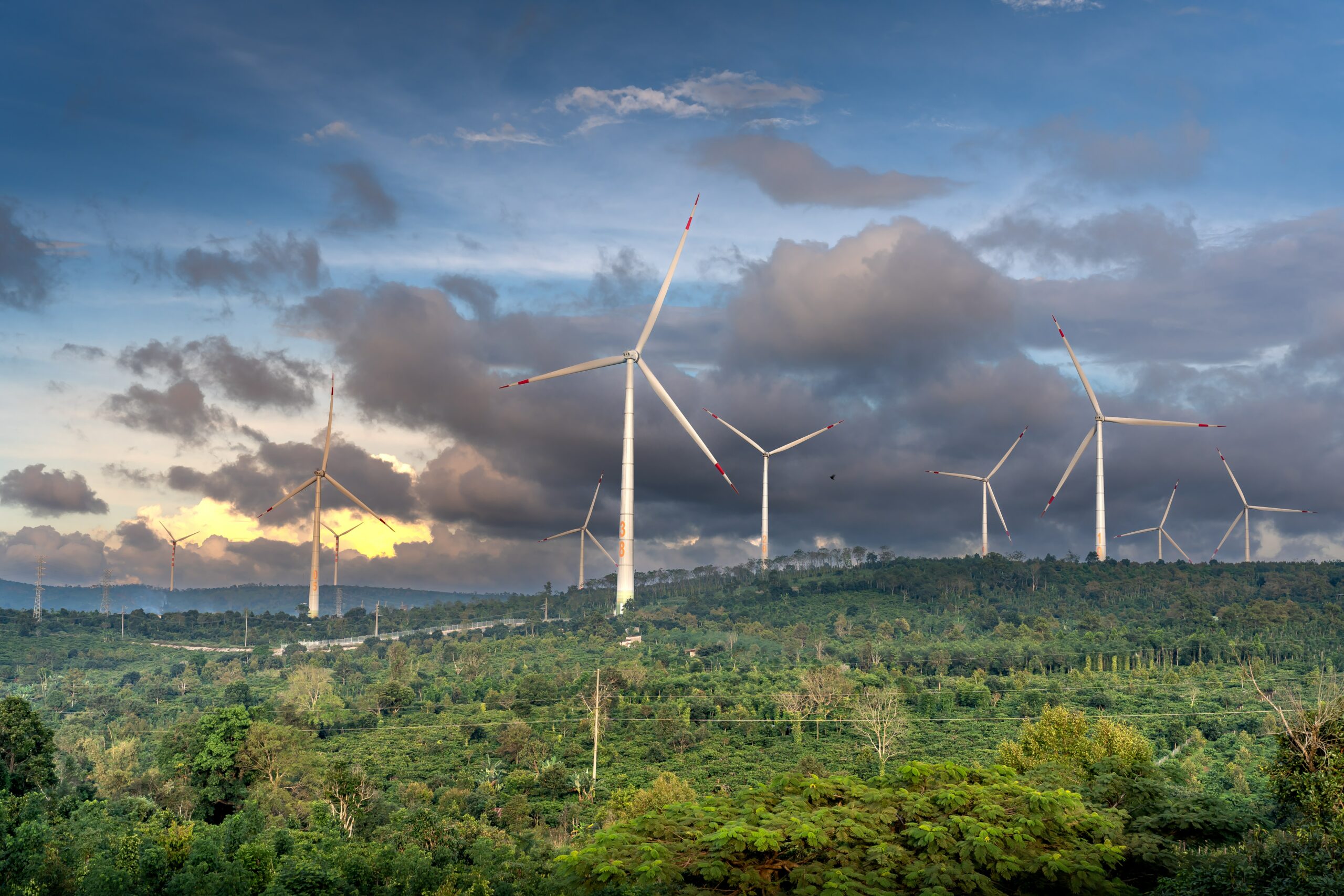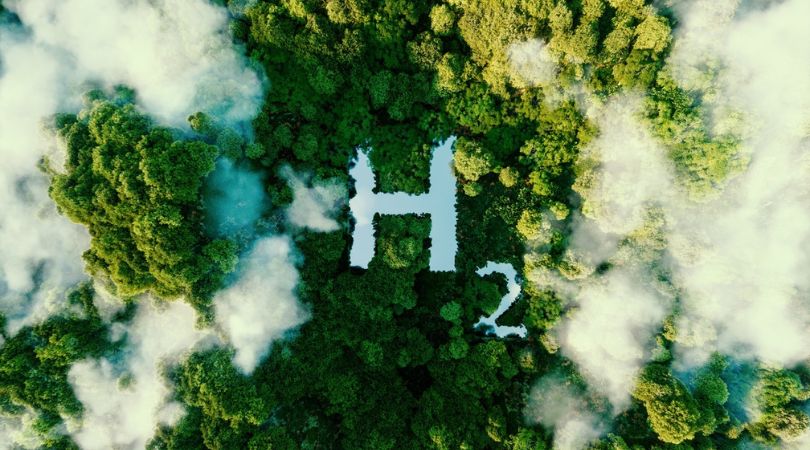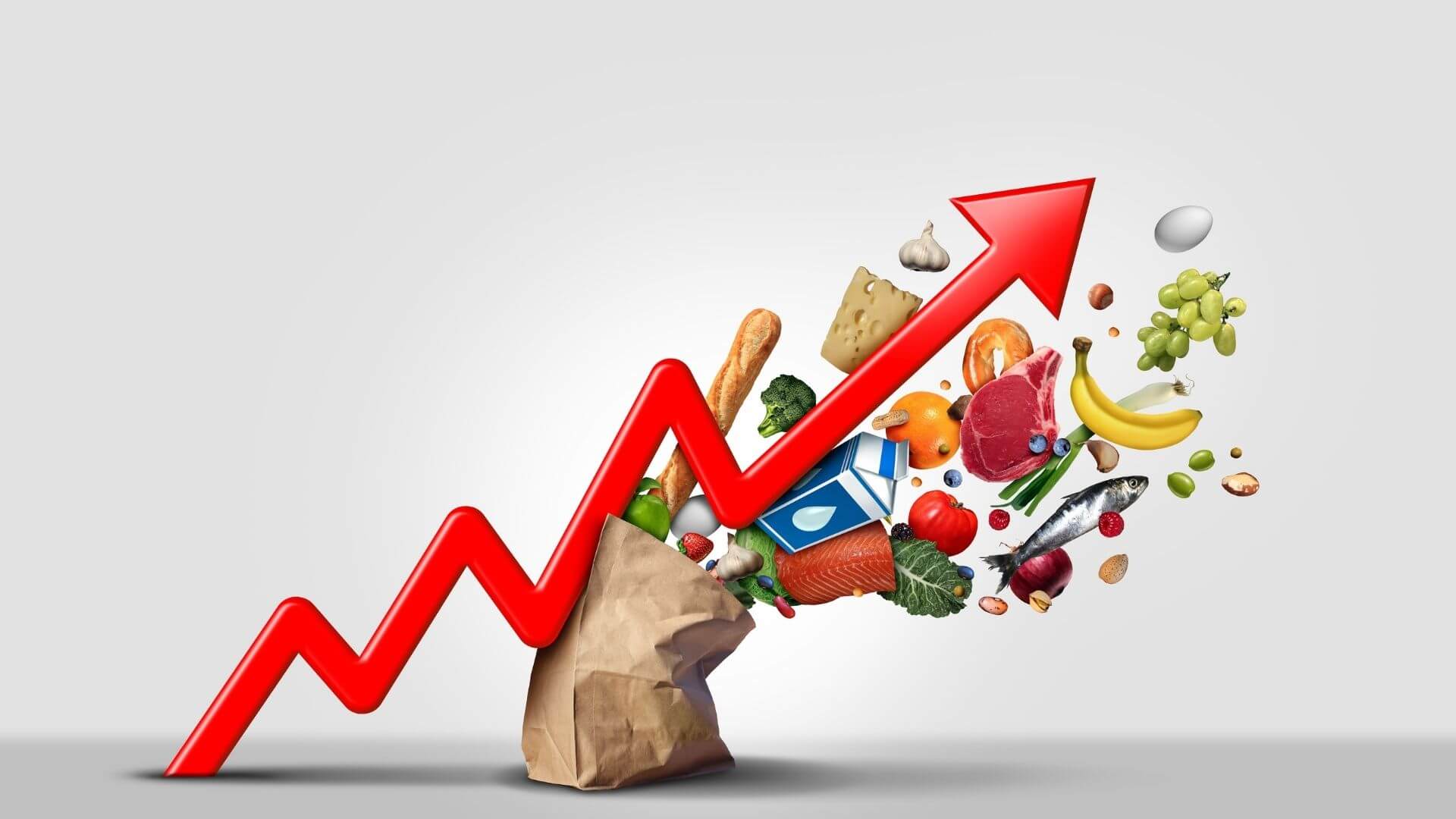The alter-globalization movement: An alternative perspective of an alternative world
What is globalization and its impact
There is no doubt that globalization is a phenomenon that has changed the world as we know it for the better. International cooperation touches all of our day-to-day aspects, including food, transportation, leisure, even information; the world as we know it today would have been very different without this crucial global aspect. Even in times of crisis, the world stands together and acts for the greater good; with one of the most recent examples, the coronavirus vaccine that was discovered and distributed thanks to the international scientific cooperation. However, the alter-globalization movement sees some major flaws in this system, and some important changes need to take place in order to ensure a better application of this process in this interconnected world.
Today, we live in a world where access to information, goods, and services are literally at our fingertips; a world in which mobility and trade flows have never been higher. There is no denying that today’s world is one of interconnectivity; where the activities of countries, individuals, and companies are constantly intertwined. With this increasing interconnectivity, comes interdependence; and economic globalization is basically the interdependence of the different parts of the world’s economy as a result of the rapid growth of international trade of goods and services (figure 1), the flow of international capital, and the rapid spread of technologies and knowledge-sharing methods. The expression “the world is a small village” has never been closer to reality.

Since the second world war, the international system was shaped by the then-formed alliances that lasted beyond the conflict. Globalization was seen as the cure for the nationalist movements that fueled World War II. International organizations such as the United Nations (UN), the World Bank, and the International Monetary Fund (IMF) emerged on this new global economic scene, even before the war had ended; followed by supra-national regional entities such as the European Union (EU). The global economy was witnessing the creation of its newest and biggest players – multilateral organizations.
However, during the last couple of years, the world has witnessed the rise of movements that are rejecting some aspects that created the foundation of this globalization. The sudden upsurge in populist groups, separatist movements, and nationalist activities clearly indicates that there are some rules and consequences of the globalization game that several groups and countries are rejecting.
From that perspective, we can say that globalization is not just a borderless world in which goods, services, mobility, information, and capital are accessible for everyone, everywhere; there is an unjust and an unfair aspect of this era-defining process. Hence comes the following question: how can globalization become a double-edged sword; and is there a better way of coping with it?
The price of globalization: who sets the rules?
In theory, globalization speculates that the world should be working together on different fronts, to achieve common social, political, and economic goals. Nevertheless, some countries are more influential than others, based on several factors that contribute to their overall status and that create what we may call – for simplicity reasons – a hierarchy between them. Whether they are labeled as first, second, and third world countries, or developed, developing, and underdeveloped countries, the international system is not a system in which all countries have the same weight. International organizations today give specific countries more power than it accords to other ones: take the UN’s Security Council for example, with the veto power solely bestowed on its 5 permanent members. In a world of 193 UN member-states, 5 countries are able to dismiss any decision they deem inadequate.

Today, people of the world share many things in common thanks to the internet, social media, international travel, and many other platforms. One thing that is also shared is culture, something that never existed before: one international and globalized culture. Kids around the globe would recognize characters such as Mickey Mouse, regardless of their countries of origin, social class, and education. While in theory, this is not a negative point, however, if it comes at a price in which this newly formed global culture replaces indigenous ones, it becomes a cultural threat. Some things that may seem mundane, such as beauty standards and the way of dressing, are affected by the Western understanding of it. That is why anti-globalism activists claim that American television highlights Western notions of beauty and different lifestyles that may not be entirely coherent with local cultures.

This brings us to another point, which is international travel, a major contributor to the planet’s carbon emissions that produces 8% of global emissions. Similarly, the outsourcing of pollution is on the rise due to globalization, as some countries – mostly developed ones – in their efforts to reduce their CO2 emissions, send their most polluting industries abroad. Britain was able to reduce its domestic emissions within its borders by one-third between 1990 and 2015 but has done so by relocating its energy-intensive industries abroad. Reports estimate that 25 percent of the world’s total CO2 emissions are now being outsourced in this manner[1], particularly since wealthier countries that are supposedly reducing their emissions, such as Japan and Germany, are in fact doubling or tripling their outsourced emissions to China and other developing countries. Therefore, by including the “outsourced” CO2 emissions produced by industries affiliated with developed countries located in poorer countries, it is obvious that their total emissions have not decreased and did in fact increase[2]. This is only possible due to the current global system that creates an international production chain where the most polluting steps of industrial production can be set up in foreign countries that are more in need of international investments.
This globalized production chain is also linked to international inequality in the cost of labor. Some countries tend to have cheaper labor than others, which allows companies (usually from high-cost and developed countries) to adopt a low-cost country sourcing strategy, which allows them to have access to a cheaper labor force in other countries (usually low-cost developing countries)
Finally, it seems that this globalized system is self-sustained, since the international organizations that created it also enforce the “rules of the game”. In fact, the globalized system of aid and development – whereby multilateral and bilateral donors provide loans and grants for less-developed countries- also impose neo-liberal policies in return for this assistance. Through this quid pro quo process, one could say that rich countries force the governments in the rest of the world to adopt less restrictive economic policies such as liberalizing global trade, decreasing subsidies to local industries, and allowing more space for the private sector to grow. The stability and continuation of the globalized system is therefore ensured by the very existence of international organizations.
Conclusion
So, what can be done? A simple question that requires a very complicated answer. Ironically, it seems that the best way to cope with the side effects of globalization is through more globalization. It is an undeniable fact that the world is much better thanks to international cooperation on so many fronts that serve the planet as a whole, as mentioned earlier with the coronavirus vaccine.
Just like it was with the invention of plastic and the discovery of fossil fuel, the world was mesmerized by this groundbreaking invention, and its thousand uses, but was unaware of its catastrophic side effects on the environment. The timid rise of the alter-globalization movement shows that the world needs to work together, to come up with a fair and just system that integrates countries and individuals, not separate them; an inclusive system in which decisions are collectively made and not imposed. A world in which labor protection, environmental protection, civil liberties, and the protection of indigenous cultures are taken into consideration. The question is, in our lifetime, will we ever see such a system?
Sources:
- Economic Globalization – A Double-Edged Sword, Rethinking Prosperity (link)
- It’s Not Only Necessary to Develop an Alternative to Globalization — It’s Entirely Possible, Foreign Policy in Focus (link)
- Globalization and its Alternatives: A View from India, IUCN (link)
- An alternative view of Globalization 4.0, and how to get there, World Economic Forum (link)
- Growing Market Offers Huge Potential — but Also Peril : Globalization’s Double Edge, New York Times (link)
- World Trade Organization (link)
- United Nations (link)
- Our World in Data (link)
- The Carbon Loophole in Climate Policy, Daniel Moran, KGM & Associates, Ali Hasanbeigi and Cecilia Springer, Global Efficiency Intelligence, August 2018 (link)
- Mapped: The world’s largest CO2 importers and exporters, Carbon Brief, 5 July 2017 (link)
- [1] The Carbon Loophole in Climate Policy, Daniel Moran, KGM & Associates, Ali Hasanbeigi and Cecilia Springer, Global Efficiency Intelligence, August 2018 (link)
- [2] Mapped: The world’s largest CO2 importers and exporters, Carbon Brief, 5 July 2017 (link)
You may also like
Warning: Undefined variable $content in /var/www/sdomains/nexatestwp.com/infomineo.nexatestwp.com/public_html/wp-content/themes/infomineo/single.php on line 235
Warning: Undefined variable $content in /var/www/sdomains/nexatestwp.com/infomineo.nexatestwp.com/public_html/wp-content/themes/infomineo/single.php on line 235
Warning: Undefined variable $content in /var/www/sdomains/nexatestwp.com/infomineo.nexatestwp.com/public_html/wp-content/themes/infomineo/single.php on line 235
Warning: Undefined variable $content in /var/www/sdomains/nexatestwp.com/infomineo.nexatestwp.com/public_html/wp-content/themes/infomineo/single.php on line 235
Warning: Undefined variable $content in /var/www/sdomains/nexatestwp.com/infomineo.nexatestwp.com/public_html/wp-content/themes/infomineo/single.php on line 235
Warning: Undefined variable $content in /var/www/sdomains/nexatestwp.com/infomineo.nexatestwp.com/public_html/wp-content/themes/infomineo/single.php on line 235








